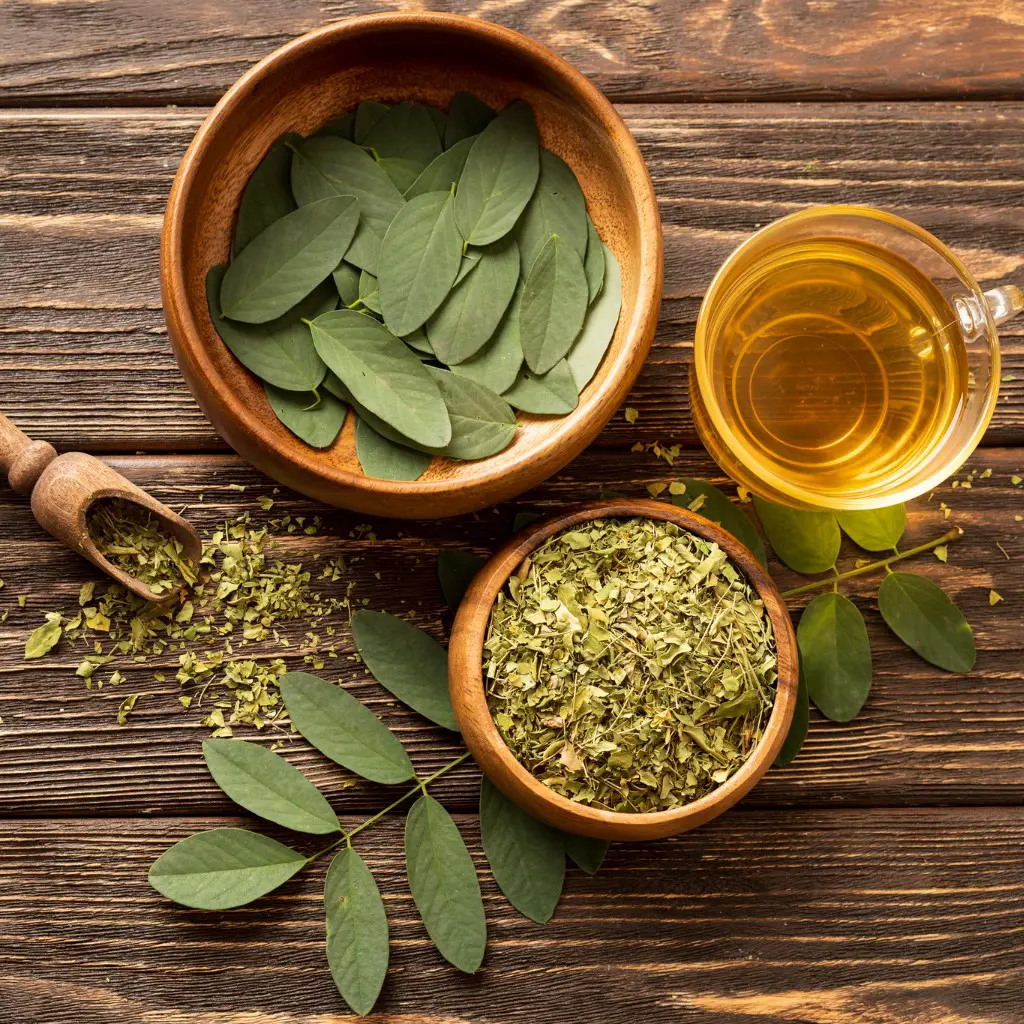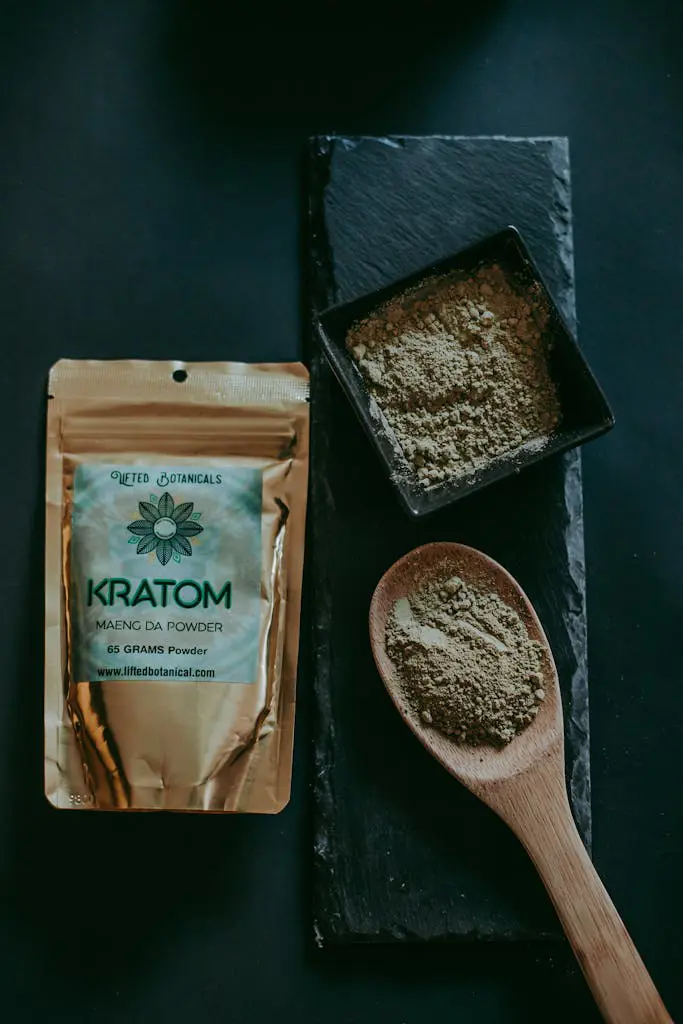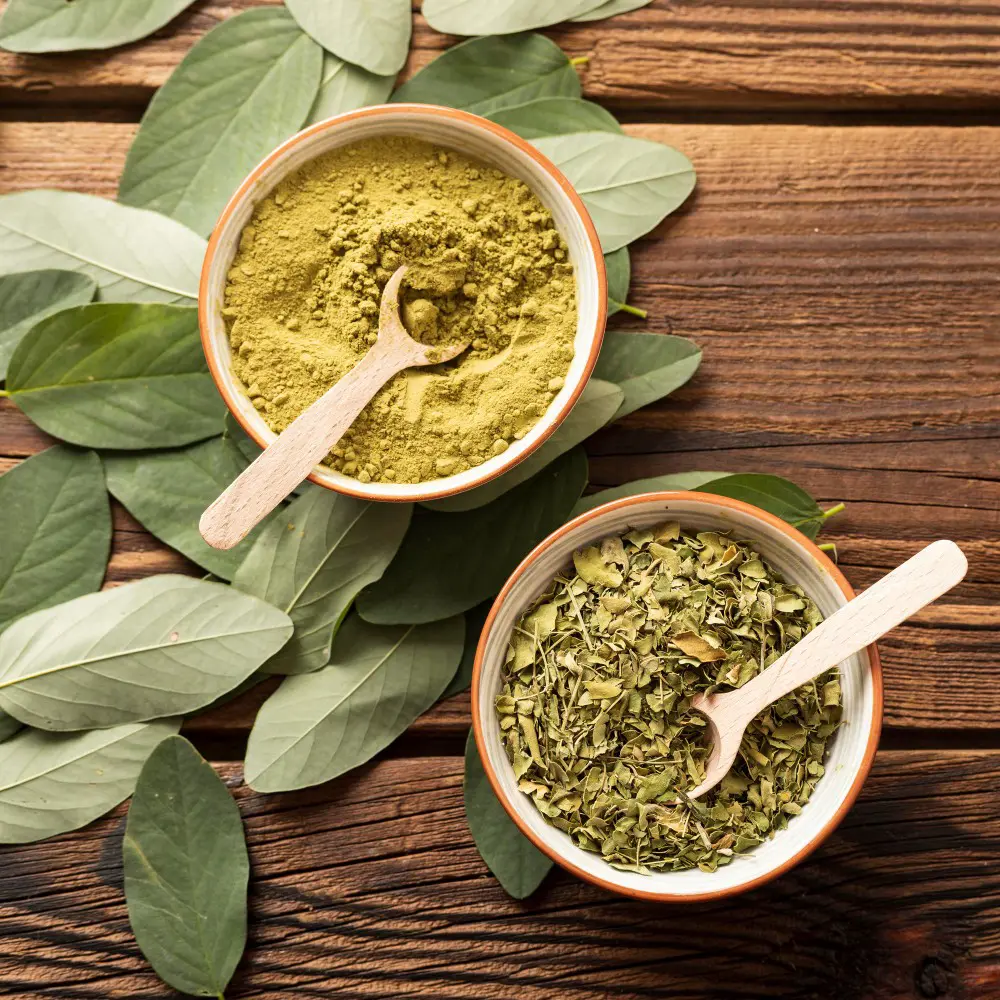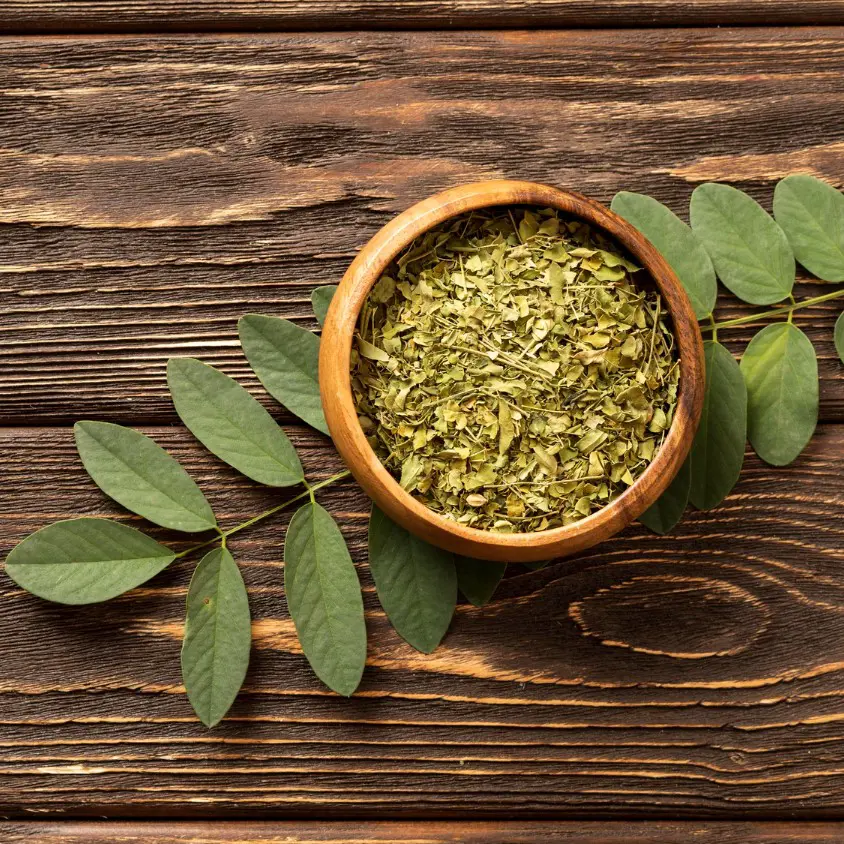What is Kratom?
Found in Southeast Asia, Kratom has recently been used as a herb that possesses medical qualities. The leaves of the plant are usually dried and ground to powder or can be boiled to prepare tea. It is a well-known element for the presence of alkaloids which can either be a stimulant or opium depending on the intensity of the strain.
Some of the reasons include; for pain relief purposes, anxiety, and as a natural substitute for opioids among other uses. Some people also take it to gain energy and concentration or to relieve depression and facilitate socialization.
However, it is important to note that kratom is not approved by the Food and Drug Administration and its effects and health benefits of kratom have not been known completely. Here, we have some health benefits associated with the herb.














